News
-
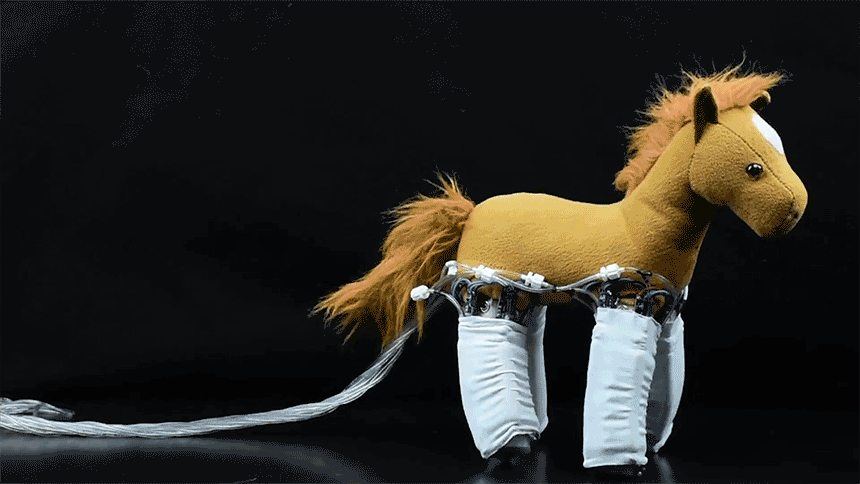 Materials Science
Materials ScienceHigh-tech ‘skins’ turn everyday objects into robots
Robotic skins turn inanimate objects into multipurpose machines.
-
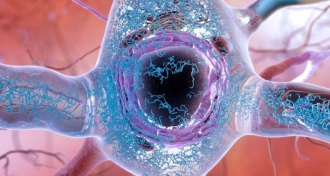 Neuroscience
NeuroscienceOver-the-hill cells may cause trouble in the aging brain
Killing dormant cells in the brains of mice staved off memory trouble.
-
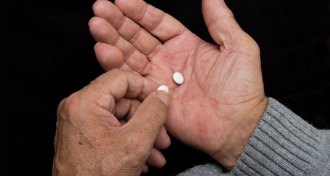 Health & Medicine
Health & MedicineDaily low-dose aspirin is not a panacea for the elderly
Healthy elderly adults don’t benefit from a daily dose of aspirin, according to results from a large-scale clinical trial.
-
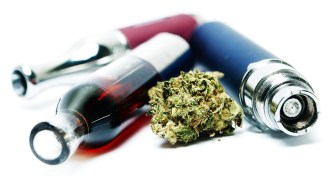 Health & Medicine
Health & MedicineHere’s how many U.S. kids are vaping marijuana
A new study suggests that nearly 1 in 11 middle and high school students in the United States has vaped marijuana, raising concerns about addiction.
-
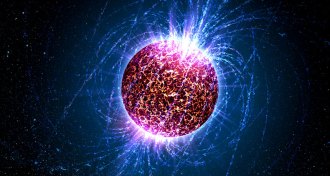 Physics
PhysicsNuclear pasta in neutron stars may be the strongest material in the universe
Simulations suggest that the theoretical substance known as nuclear pasta is 10 billion times as strong as steel.
-
 Climate
ClimateHere’s how climate change is fueling Hurricane Florence
Scientists take a stab at predicting climate change’s influence on Hurricane Florence.
-
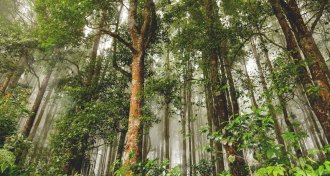 Earth
EarthA new map reveals the causes of forest loss worldwide
A new study shows where global forest loss is due to permanent deforestation versus short-term shifts in land use.
-
 Neuroscience
NeuroscienceBrain features may reveal if placebo pills could treat chronic pain
Researchers narrow in on how to identify people who find placebos effective for treating persistent pain.
-
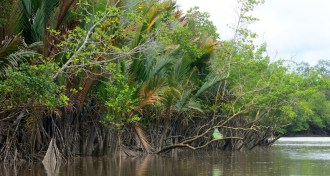 Earth
EarthSea level rise doesn’t necessarily spell doom for coastal wetlands
Wetlands can survive and even thrive despite rising sea levels — if humans give them room to grow.
-
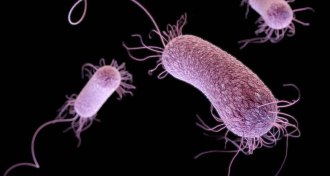 Chemistry
ChemistryA new antibiotic uses sneaky tactics to kill drug-resistant superbugs
Scientists have developed a molecule that kills off bacteria that are resistant to existing antibiotics.
-
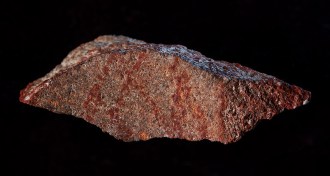 Archaeology
ArchaeologyThis South African cave stone may bear the world’s oldest drawing
The Stone Age line design could have held special meaning for its makers, a new study finds.
By Bruce Bower -
 Materials Science
Materials ScienceHere’s how graphene could make future electronics superfast
Graphene-based electronics that operate at terahertz frequencies would be much speedier successors to today’s silicon-based devices.